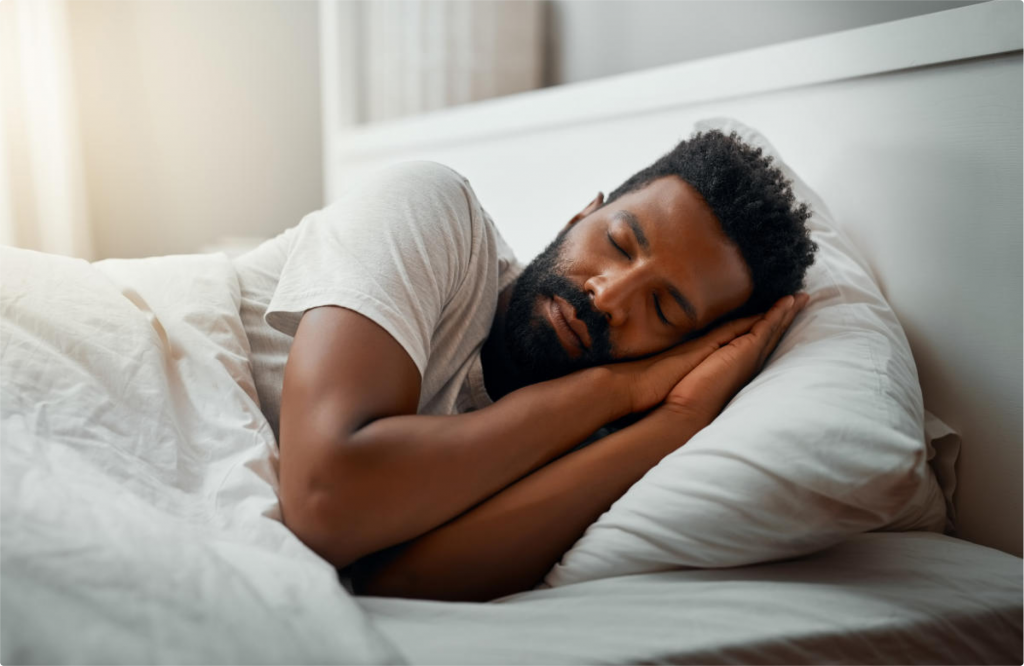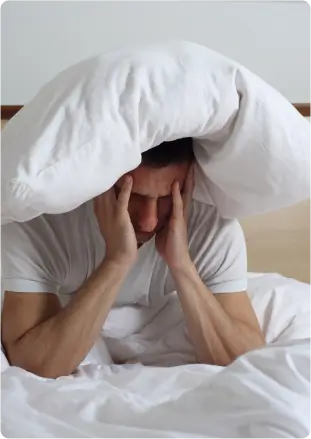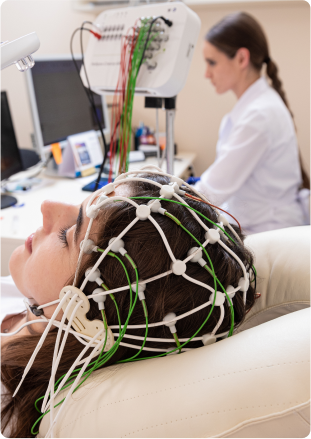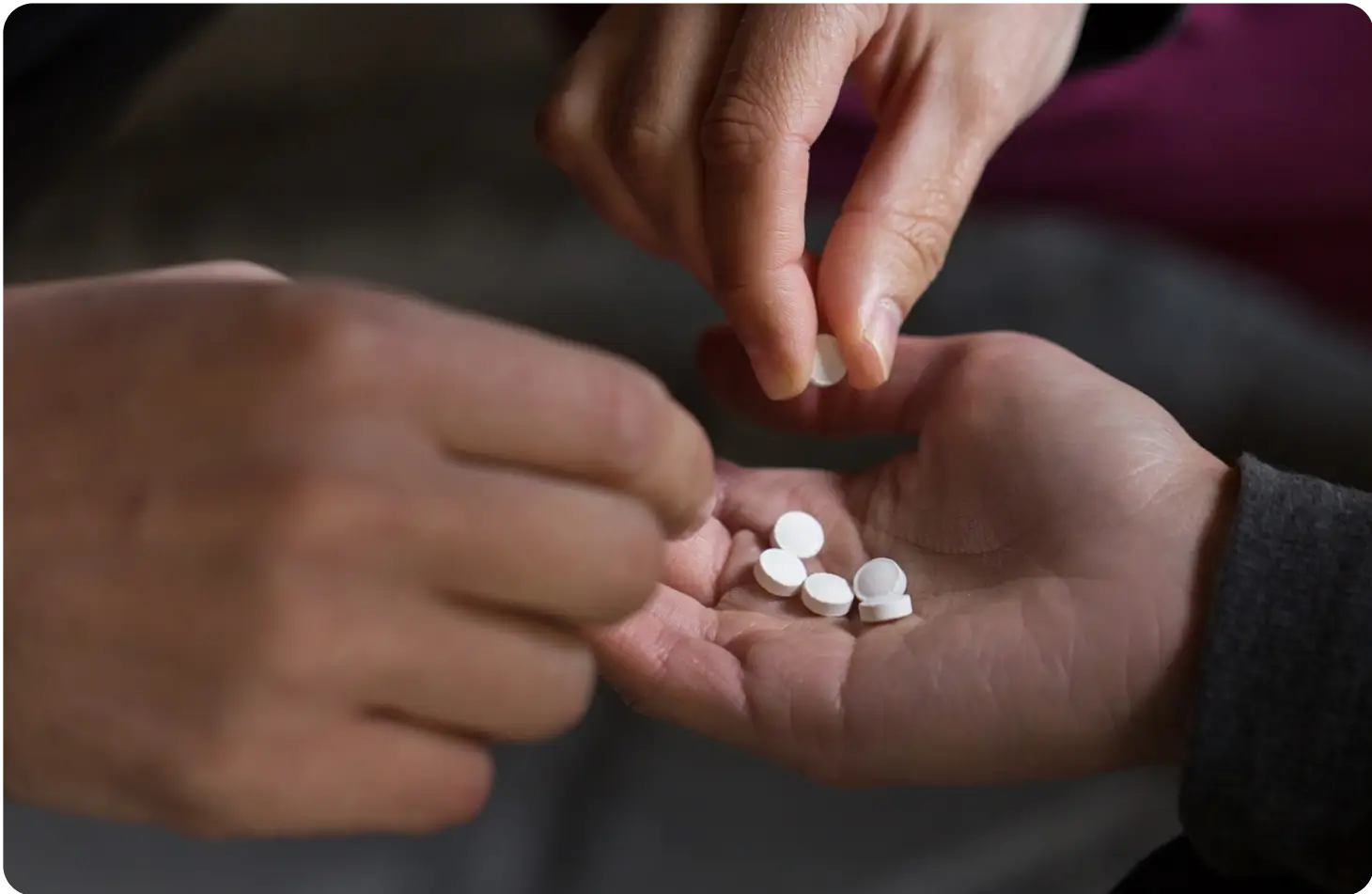
Stress is a universal experience, and while occasional stress can motivate action, chronic stress can have significant…
The mission of RMCHCS is to serve God by making a profound and lasting difference in the health and quality of life for all people in the community.
Sleep is not just a luxury but a necessity that directly impacts mental, physical, and behavioral health. For organizations like Rehoboth McKinley Christian Health Care Services (RMCHCS), prioritizing sleep health is critical to promoting overall well-being in the community. Behavioral health, encompassing mental and emotional well-being, relies heavily on sleep to regulate emotions, cognitive function, and overall mood.


At RMCHCS, we help individuals build resilience through various therapeutic interventions, such as cognitive-behavioral therapy (CBT), mindfulness-based practices, and support groups. These approaches strengthen an individual’s mental and emotional fortitude, teaching them to manage adversity without resorting to drugs or alcohol.

RMCHCS understands the critical link between sleep and behavioral health and offers comprehensive solutions for diagnosing and treating sleep disorders. The Sleep Disorder Center provides state-of-the-art diagnostic tools, including sleep studies, to evaluate patients’ sleep patterns and identify underlying issues.

At Rehoboth McKinley Christian Health Care Services, the connection between sleep and behavioral health is a cornerstone of their approach to patient care. By addressing sleep disorders through the Sleep Disorder Center, RMCHCS empowers individuals to take control of their health, improving their sleep and mental and emotional well-being.
Sleep is a foundational pillar of health. If you or a loved one is struggling with sleep or behavioral health challenges, reach out to RMCHCS’s Sleep Disorder Center today. Together, let’s unlock the power of restorative sleep for a healthier, happier life.

Stress is a universal experience, and while occasional stress can motivate action, chronic stress can have significant…

Smoking is one of the most preventable causes of death and disease worldwide, yet it remains a significant health challenge.

Substance abuse is a growing concern in society today. With multiple contributing factors, one of the most …

Call 505-863-7000
1901 Red Rock Drive,
Gallup, NM 87301
6:30 AM – 9:00 PM
Opened (M-F) 6:00 AM- 5:30 PM
24/7
Are you sure you want to open this job?